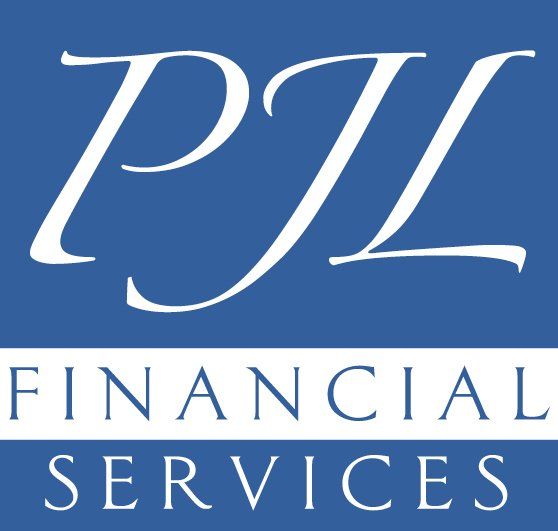The Information Hub
Will you be impacted by the planned increase to dividend tax?
It’s been an eventful week, while many of our children returned to school, as did our own Members of Parliament, and the Government wasted no time by setting out their plans to tackle the issues in the provision of social care and most importantly how this planned overhaul will be funded.
The government announced two measures which were voted through Parliament this week and take effect from the 6th April 2022:
- Increase in dividend rate tax by 1.25% across all income tax bands
- Increase in National insurance contributions
Today, we are reviewing the changes to dividend rate tax in more detail and discuss who the changes are most likely to impact and most importantly, what steps you may be able to take this tax-year to minimise any negative impact.
Dividend rate tax increase
Dividend tax is paid on shares and income that you receive from funds that invest in shares such as pooled investments and the amount you pay will depend on your marginal rate of income tax as below:
Income tax band Current Dividend tax-rate New Dividend tax-rate from 6th April 2022
Basic Rate 7.50% 8.75%
Higher Rate 32.50% 33.75%
Additional Rate 38.10% 39.35%
Many directors of UK businesses opt to pay themselves through dividends due to its relative tax-efficiency against taking an employed salary due to the lower rates of income-tax and to reduce the amount of national insurance contributions paid. For these individuals, it would be prudent to assess your own remuneration package and to ensure it remains suitable after the 6th April 2022.
Remember, regardless of your marginal rate of tax, you have a £2,000.00 dividend allowance where dividend income received up to this level remains tax-free.
Furthermore, dividend income that is received inside either an ISA-wrapper or pension-wrapper remain tax-free. For investors, this is extremely important, by maximizing your £20,000.00 ISA allowance for this tax-year and contributing into a UK registered pension scheme can both help reduce the amount of dividend tax payable by transferring your capital into these tax-sheltered investments.
As a result of this announcement, it may a worthwhile time to review your investment portfolios to ensure they remain suitable for your own personal financial circumstances and continue to be as tax-efficient as possible. If you would like to learn more about this subject or require Independent Financial Advice from our local, experienced and friendly team, please feel free to contact us on 01788 57 11 22.
Coming Soon
Our review on the impact of National Insurance Contributions increase for employees and employers and the planned changes to funding social care and how this may change your approach towards planning for long-term care in the future.
The information provided is based on our current understanding of the relevant legislation and regulations and may be subject to alteration as a result of changes in legislation or practice. All references to taxation are based on our understanding of current taxation law and practice and may be affected by future changes in legislation and the individual circumstances of the investor.
PJL Financial Services Limited are authorised and regulated by the Financial Conduct Authority.
Your home may be at risk if you do not keep up repayments or other loans secured against it.













